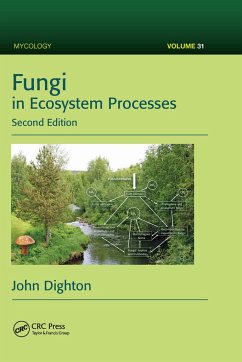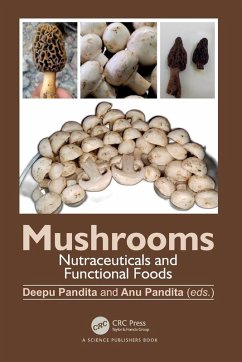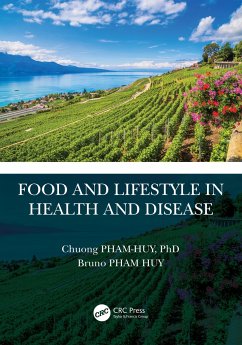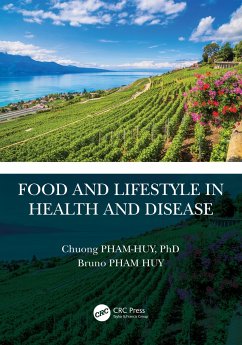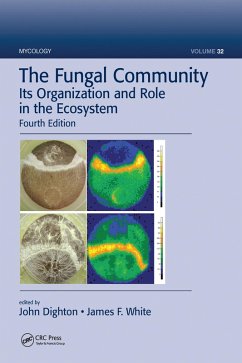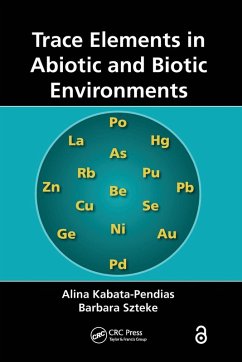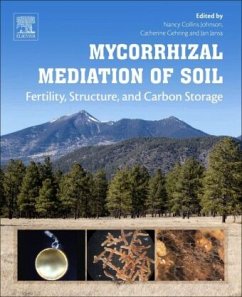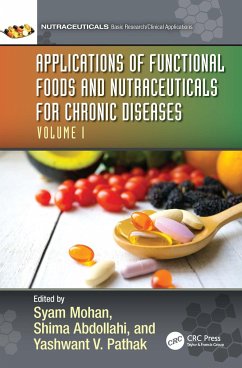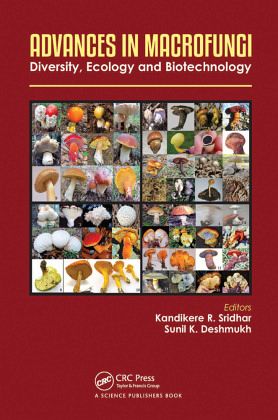
Advances in Macrofungi
Diversity, Ecology and Biotechnology
Herausgegeben: Sridhar, Kandikere R; Deshmukh, Sunil

PAYBACK Punkte
26 °P sammeln!
Advances in Macrofungi: Diversity, Ecology and Biotechnology discusses the diversity and ecology of edible, toxic, medicinal and mycorrhizal macrofungi; the impact of ectomycorrhizal fungi in terrestrial ecosystems, ectomycorrhizal complex in Boreal forests and commercial application of Pseudotsuga in silviculture; the nutritional evaluation and cultivation of edible wild mushrooms; the diversity of novel metabolites of macrofungi useful in food, pharmaceutical and cosmeceutical industries; mushrooms as tool for eco-friendly synthesis of nanoparticles and proteomics of edible and medicinal mus...
Advances in Macrofungi: Diversity, Ecology and Biotechnology discusses the diversity and ecology of edible, toxic, medicinal and mycorrhizal macrofungi; the impact of ectomycorrhizal fungi in terrestrial ecosystems, ectomycorrhizal complex in Boreal forests and commercial application of Pseudotsuga in silviculture; the nutritional evaluation and cultivation of edible wild mushrooms; the diversity of novel metabolites of macrofungi useful in food, pharmaceutical and cosmeceutical industries; mushrooms as tool for eco-friendly synthesis of nanoparticles and proteomics of edible and medicinal mushrooms. In addition, it covers experimental designs, methodological approaches, biogeochemical cycles, conceptual/hypothetical models and life history strategies, linking mycorrhizal diversity to plant performance, chemotaxonomy, role of mycorrhizae in forestry and macrofungi in nanotechnology. It provides a valuable resource to graduate, post-graduate and researchers (in botany, microbiology, ecology, biotechnology, forestry, life sciences and environmental sciences) to understand the diversity, ecology, therapeutic value, mutualistic associations and biotechnological potential of macrofungi.




